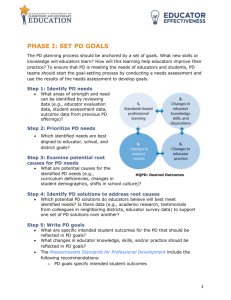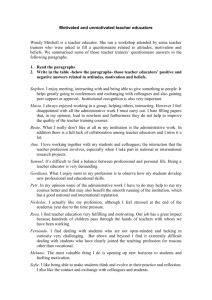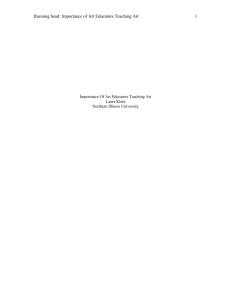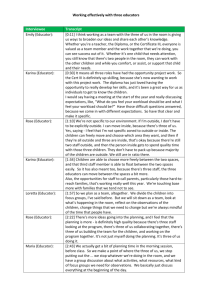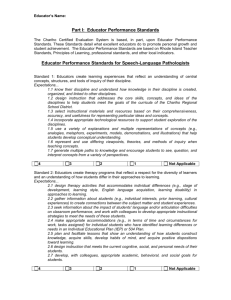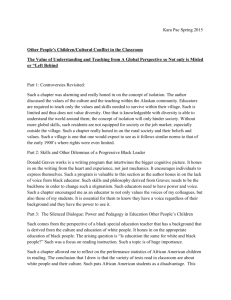Parent Involvement within the educational atmosphere improves the
advertisement
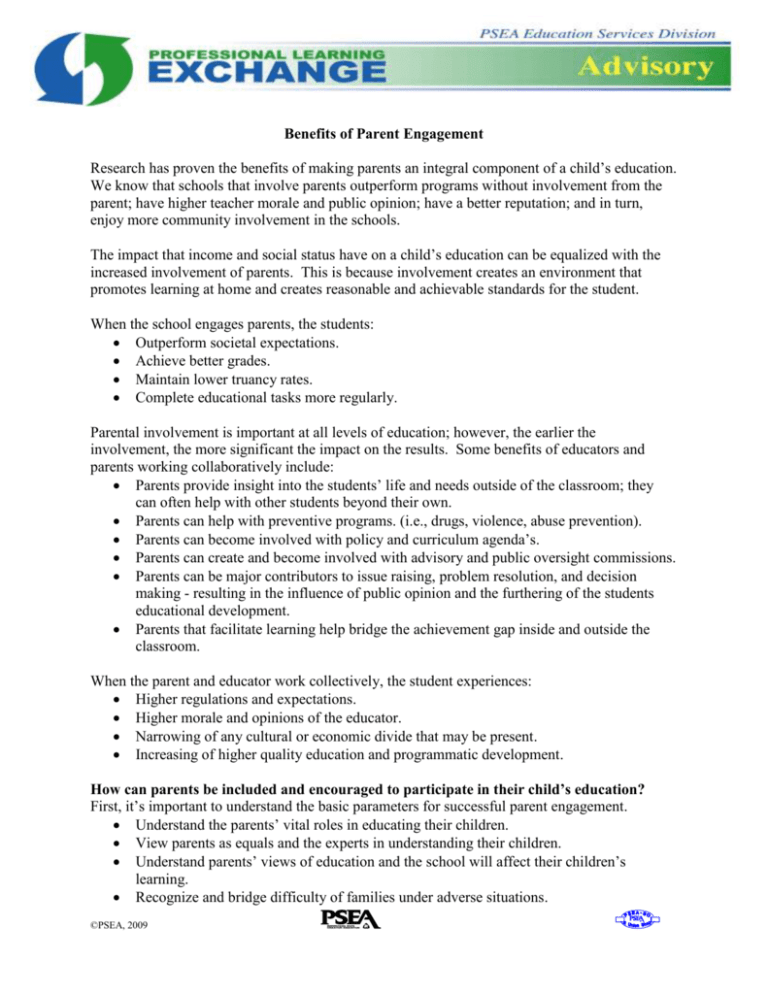
Benefits of Parent Engagement Research has proven the benefits of making parents an integral component of a child’s education. We know that schools that involve parents outperform programs without involvement from the parent; have higher teacher morale and public opinion; have a better reputation; and in turn, enjoy more community involvement in the schools. The impact that income and social status have on a child’s education can be equalized with the increased involvement of parents. This is because involvement creates an environment that promotes learning at home and creates reasonable and achievable standards for the student. When the school engages parents, the students: Outperform societal expectations. Achieve better grades. Maintain lower truancy rates. Complete educational tasks more regularly. Parental involvement is important at all levels of education; however, the earlier the involvement, the more significant the impact on the results. Some benefits of educators and parents working collaboratively include: Parents provide insight into the students’ life and needs outside of the classroom; they can often help with other students beyond their own. Parents can help with preventive programs. (i.e., drugs, violence, abuse prevention). Parents can become involved with policy and curriculum agenda’s. Parents can create and become involved with advisory and public oversight commissions. Parents can be major contributors to issue raising, problem resolution, and decision making - resulting in the influence of public opinion and the furthering of the students educational development. Parents that facilitate learning help bridge the achievement gap inside and outside the classroom. When the parent and educator work collectively, the student experiences: Higher regulations and expectations. Higher morale and opinions of the educator. Narrowing of any cultural or economic divide that may be present. Increasing of higher quality education and programmatic development. How can parents be included and encouraged to participate in their child’s education? First, it’s important to understand the basic parameters for successful parent engagement. Understand the parents’ vital roles in educating their children. View parents as equals and the experts in understanding their children. Understand parents’ views of education and the school will affect their children’s learning. Recognize and bridge difficulty of families under adverse situations. ©PSEA, 2009 Intend on having interaction with parents. The second important component is recognizing the value of effective communication. Design learning contracts or objectives between schools and each parent. Allow parents to have direct communication with educators. Set aside communication time each day or weekly. Staff and administration should establish acceptable and positive forms of communication. Provide avenues to reinvigorate the parents learning. o Often parents become fearful of helping with school work as they are unaware of the nuances of modern education practices. Provide clear expectations, goals, and rules. Promote activities that result in interaction of staff, parents, and students. Provide parents and staff time to develop an educational plan for their student. Third, it’s important to make parents feel welcome and part of their child’s education team. Staff should be welcoming parents as a value added commodity to the school atmosphere. Provide outreach to the new students, parents, and family members. Schedule meetings at times conducive to the parent’s schedule. Provide resources to overcome possible language and cultural barriers. Provide childcare for meetings. Encourage parents to volunteer in any host of positions that fit with the schools policies and mission statement: o Chaperone o Tutor o Monitor areas of the building o Organize other parents Fourth, parent involvement at home promotes educational achievement: Provide fluency or expected skill in all subjects taught to the student. Implement strategies on how to successfully and satisfactorily complete schoolwork at home. Educate on how to support students in the skills they are developing. This document has been adapted from the National Parent Teacher Association and Community Partnerships framework for family involvement. ©PSEA, 2009

